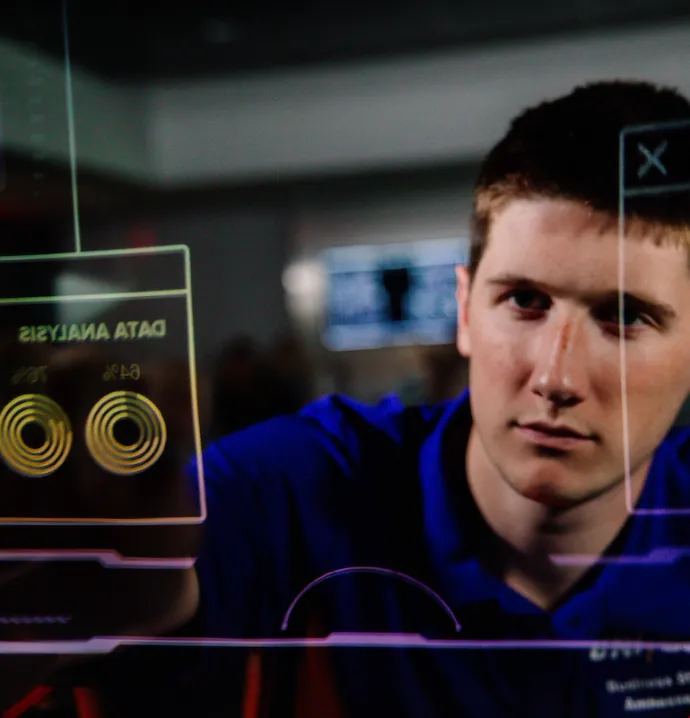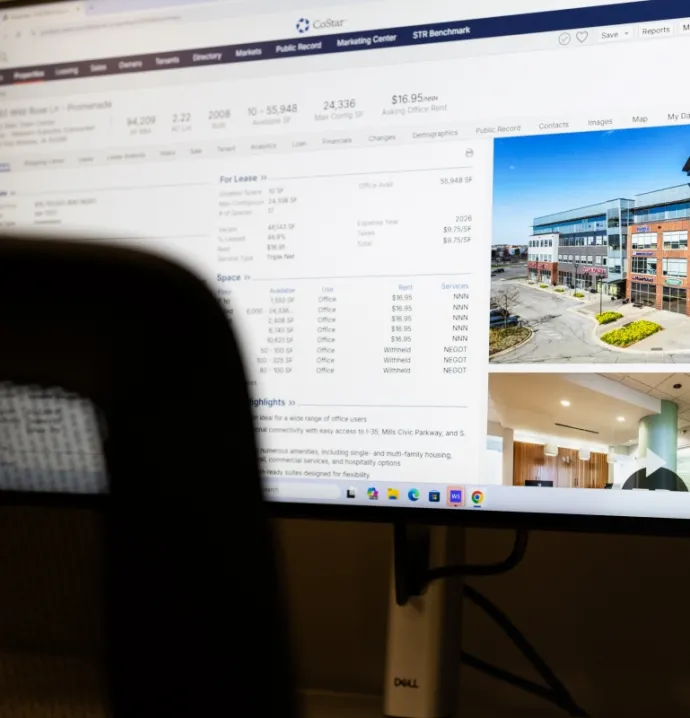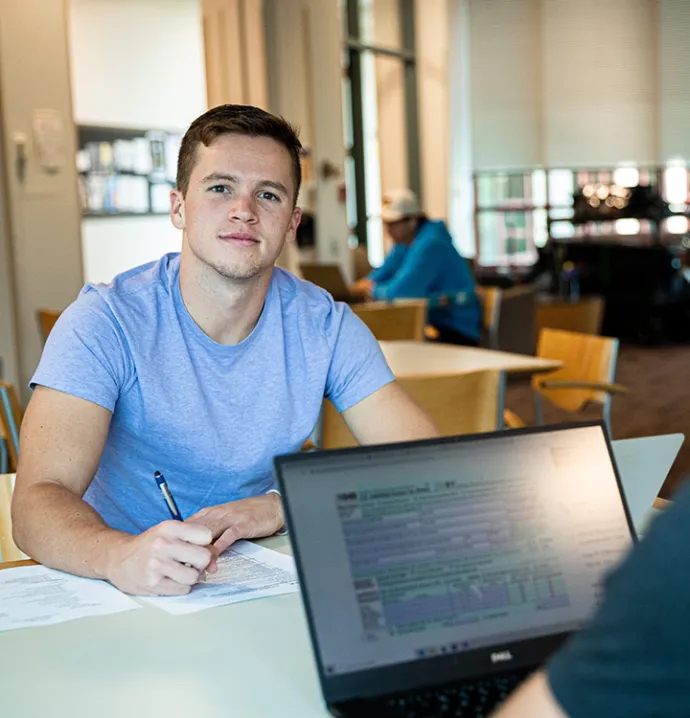The economics of reopening Iowa: 5 questions with Bryce Kango
The economics of reopening Iowa: 5 questions with Bryce Kango
The COVID-19 pandemic and resulting lockdown has had a profound impact on the economy. Many people have lost their jobs and some businesses have shuttered permanently, facing decreased demand and strict regulations meant to help prevent the spread of the virus. Now, as Iowa begins to reopen, UNI associate professor of economics Bryce Kango discusses how to balance business with the well-being of our communities.
How has the coronavirus changed how we do business in the US ?
Broadly speaking, the impact on the economy has been that … in the first quarter of this year, output was about 95% of what it had been last year. The unemployment rate has gone up about three and a half percent to 14.7% in April. Though it was expected, based on unemployment claims, that the unemployment rate might rise to 20% or more in May, it fell to 13.3% and employment rose by 2.5 million, which is likely due primarily to states opening during the month. [Unemployment] has been much harder on low income individuals. In March, 40% of households that had income of less than $40,000 had somebody lose a job, while only 13% of households making more than $100,000 suffered a job loss. It’s because of the sorts of things that people have stopped spending on. People aren't going to movies, people aren't traveling or eating out as much as they would otherwise. As businesses shut down, that particularly affected restaurants and non-grocery retail stores. Jobs in these businesses don't pay as much and those individuals are less able to work from home.
How might the economic impacts of COVID-19 be influencing the protests happening around the country in response to racial inequity?
Recent events continue to raise awareness of racial disparities in U.S. law enforcement and the criminal justice system. COVID-19 and shutdowns have also further revealed racial disparities in socio-economic well-being. COVID-19 fatalities have been disproportionately black, the unemployment rate for white people is 9.1% points higher than a year ago, while it is 10.6% points higher for black people. On average, the wealth of a black family is about 10% of that of a white family.
What impact does unemployment have on the economy?
When you see the unemployment rate go up, that means production is going down. When less people are working, less is being produced. Those households with individuals who become unemployed then are less financially secure, and less likely to purchase as much as they would otherwise. They may lose some job skills, or they may lose some experience, so they may have a harder time finding work after the recession ends. It does affect the economy as a whole when people are unemployed. It reduces income tax collection. The government pays out more for unemployment insurance. And so that means maybe in the future that we'll have to have higher taxes, and we're going to have a larger deficit now.
Though Iowa has begun to ease restrictions, businesses and individuals are still choosing to follow some social distancing measures. What impact will this have on local economies? How long will it be for businesses to recover and for jobs to come back to normal?
I think businesses will get better as we start to reopen again. I don't think demand is going to come back all the way. People are still going to be cautious and businesses will have to most likely operate at a lower capacity than what they did before. [There are also] some higher expenditures to screen employees and try to protect them from the virus. So, the economy is likely to rebound, but not completely, in part because people will still social distance. People started social distancing before the states shut down businesses and so that's likely to continue. People who are over 50 make up a good portion of spending on products that are produced by businesses where close contact is necessary — things like movie theaters, hotels, restaurants and some services. That age group is likely to continue to social distance, which will still put a drag on the economy.
How can businesses strike a balance between making money and protecting customers and employees? How can people participate in their communities and in the economy without putting the health of themselves or others at risk?
With economics in general, we're faced with trade-offs. The trade off here is that if we don't have some social distancing, the health system will be overrun. The consequences of that is that more people die than would otherwise be the case. On the other hand, shutting the economy down creates hardships, bankruptcies, people losing their houses and people losing their jobs. It puts an unfair burden on those who have lower income and less wealth. They're the ones who are more likely to lose jobs or be unable to pay their bills for a few months without a job. So, it's a balance between trying not to overwhelm the health system but on the other hand, not making economic hardships for people. We do need a sense of balance … [and] an understanding that things aren't going to return to normal very quickly. One of the dangers of opening up is that if people aren't conscious about social distancing, that could lead to a second surge, and that could lead to another shutdown, and it could also lead to a significant portion of the population just not even being able to go to work.




